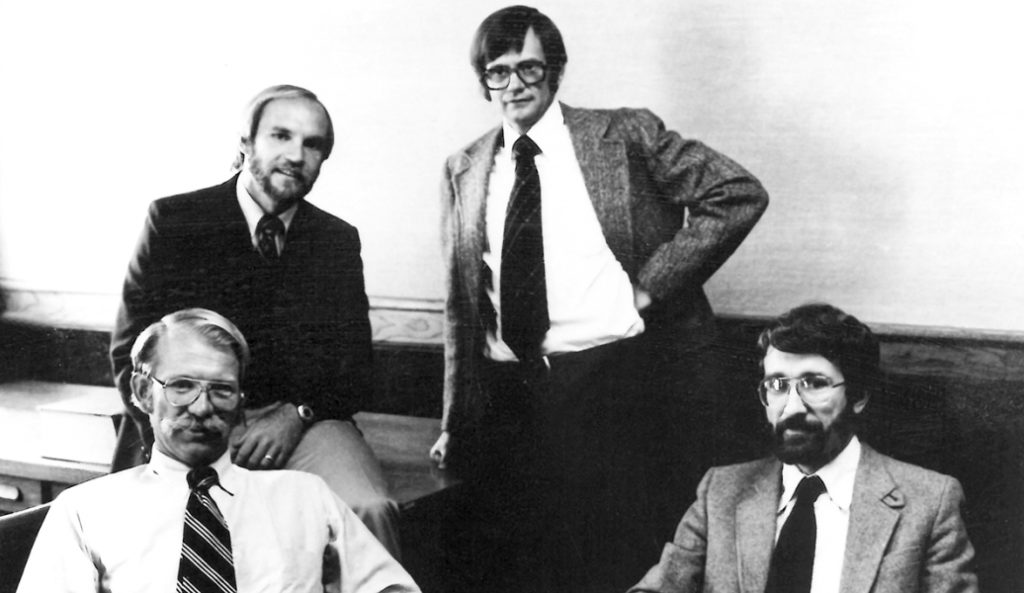
Our Story
A lone voice in the wilderness
For the past 100 years, the default approach to addressing conservation challenges has been conflict and government regulation. In 1980—during the height of the Cold War—a group of conservation-minded economists posed the question: “If markets can produce bread and cars, why can’t they produce environmental quality?” PERC was formed to explore potential answers and, in the process, established an entirely new framework for conservation called “free market environmentalism.”
A new approach
Throughout the 1980s, PERC scholars played a provocative role in examining the shortcomings of government responses to environmental problems and challenged the idea that they could only be solved by the public sector. At that time, debates about environmental policy focused on ways that markets can fail to provide environmental protection and how to regulate polluters. But at PERC the discourse broadened to evaluate and recognize how policies might be designed—or how property rights to environmental resources might be established—so that market forces could help improve how environmental assets were managed and protected.
Serious solutions
In the years that followed, PERC became widely known as a high-quality research institute and began to explore a wide range of environmental topics including fisheries, wildlife, forestry, and tribal policy issues.
One powerful example is PERC senior fellow Donald Leal’s work with the Reason Policy Institute and the Environmental Defense Fund to build a coalition for tradable fishing quotas—a market-based approach to conserving fisheries that continues to be widely and successfully used today.
By the late 1990s, leading environmental organizations like The Nature Conservancy were pushing for the use of marketable permits to manage air pollution and marine fisheries, and for expanding the use of property rights to maintain and preserve natural resources.
From research to the real world
Over the years, PERC’s scholars and associates have built a library of books, academic studies, articles, and case studies that show how economic considerations can make environmental policy more effective and less costly—from water markets and wildlife recovery to fisheries management and pollution mitigation.
Throughout the world of conservation, you see plenty examples of PERC’s initial vision in action—water markets to protect freshwater flows, catch shares to manage marine fisheries, innovative incentives to steward private working lands, policy reforms to promote the recovery of rare species, and user-pay systems to support public land conservation.

A future of innovation in action
Over the past 40 years, PERC has gone from being a lone voice in the wilderness to a national conservation thought leader. Today we’re carrying our ideas to a broader world primed for fresh thinking and partnering with policymakers, conservation leaders, and landowners to help get the incentives right. Remaining firmly rooted in research, we recently launched our Conservation Law and Policy Center to advance our ideas through policy reforms. We also are working to develop, implement, and assess groundbreaking conservation projects based on our core principles. PERC’s legacy of innovation continues to inspire our actions and growth today.
Forge new frontiers
Join 10,000+ people who receive timely news and views.
